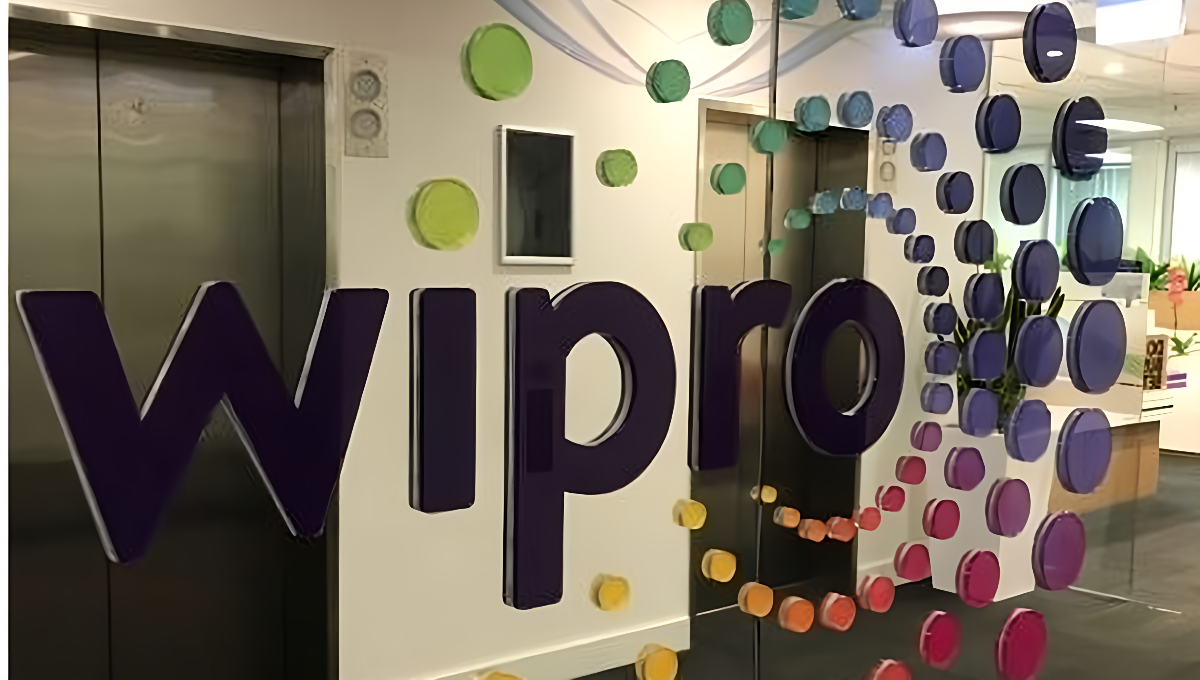Funding & Vision
Pibit.AI, an insurtech company focused on building advanced underwriting systems, has secured $7 million in a Series A funding round led by Stellaris Venture Partners, with continued support from Y Combinator and Arali Ventures.
The company plans to use the new capital to deepen product development and speed up adoption of its flagship platform, the Centralised Underwriting Risk Environment (CURE).
“We built Pibit.AI around a single belief: technology should strengthen an underwriter’s judgment, not replace it,” said Akash Agarwal, the company’s Founder and CEO. He added that existing tools often prioritize speed over reliability, whereas their focus is on transparency, clarity, and actionable intelligence—helping underwriters work quickly without sacrificing trust in the results.
Alok Goyal, partner at Stellaris Venture Partners, commented that underwriting has historically been slowed by manual processes, inconsistent information, and tools that have failed to keep pace with rising submission volumes.
CURE Platform & Industry Impact
CURE serves as an integrated, intelligent environment that supports every stage of the underwriting workflow, managing submissions, document processing, research, risk evaluation, and overall coordination within one platform.
Its components include ClearCURE for triage, DocumentCURE for extracting and structuring incoming data, and ResearchCURE for adding real-time insights—together turning raw submissions into ready-to-use evaluations in far less time. RiskCURE adds tailored risk indicators, while WorkflowCURE centralizes tasks, insights, and collaboration.
The press release notes that CURE users have seen underwriting cycles speed up by as much as 85%, a 32% rise in gross written premium per underwriter, and up to a 700-basis-point improvement in loss ratios—benefits that translate into greater capacity, quicker growth, and stronger risk selection for insurers.
Over the next 12 to 18 months, the company aims to expand the CURE platform with more advanced risk models, new API layers, and enhanced data partnerships to better serve additional insurance lines and tackle emerging forms of risk.
Also Read:
Google ramps up AI scam protection in India, but gaps remain
OpenAI Releases New Codex Model Capable of Working for Over 24 Hours









